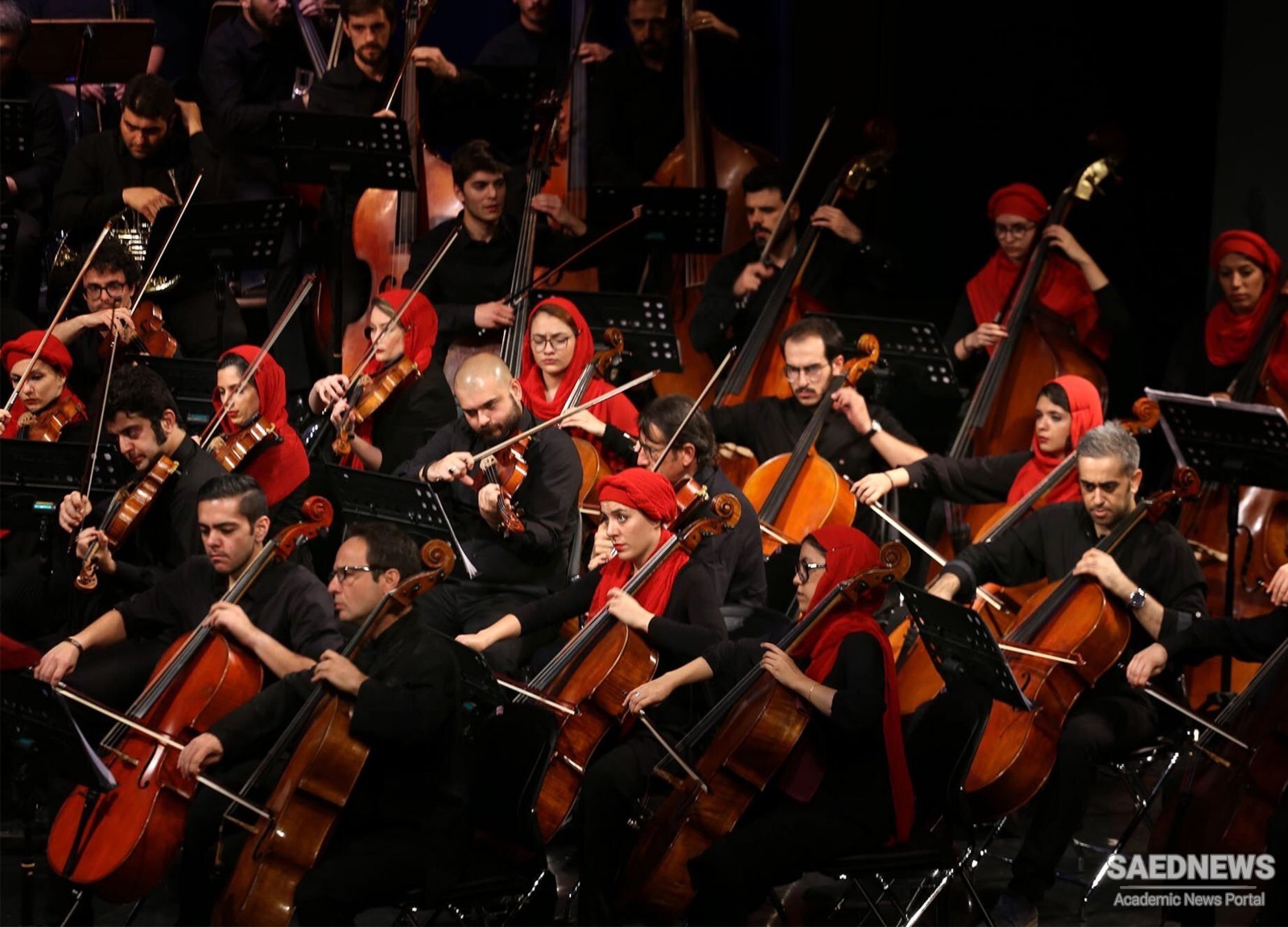Gholamhossein Minbashian was among those soldiers who particularly helped promote European music in Iran. However, he totally ignored Iran’s national music.
According to the prominent Iranian musician Ruhollah Khaleqi, Minbashian’s contribution to music had its own advantages and disadvantages.
Born in 1907 in Tehran, Minbashian studied at the music department of Dar-ul-Fonun. He was trained by a French professor called Alfred Jean Baptiste Lemaire. After taking part in Lemaire’s lessons, he went to the conservatory in St. Petersburg to further his knowledge about music. He also studied at the Geneva Conservatory of Music and the Berlin Conservatory. He played violin professionally.
He wrote some books about harmony and instrumentation after returning to Iran. He became the successor of Lemaire and also the head of the State Music School, which had been founded by Alinaqi Vaziri.
Minbashian banned setar playing at the school. He removed Iranian music subjects from the school curriculum and established a new curriculum derived from those used by the Berlin and Geneva conservatories, to be ratified by the then Culture High Council. Therefore, many renowned Iranian musicians like Javad Marufi left the school.
To him, Iranian music was a kind of local music that did not carry much weight.
He founded the Townhouse Symphony Orchestra which was geared more toward the European style than to Persian music. It was at that time the biggest orchestra in Iran, consisting of 40 members.
He integrated the Townhouse Symphony Orchestra into the State Music School and the State Orchestra. In addition to Iranian musicians, he also invited musicians from Czechoslovakia to participate in the State Orchestra.
Minbashian altered the Persian notes so they could be played on a European piano.
During the Second World War Iran was occupied by armed forces of the Allies. Therefore cultural activities had to be cancelled. Minbashian resigned and the State Orchestra had to be closed down. Some years later, in 1941, Vaziri again became the head of State Music School.
Six years later, the National Music School was established, where students could study Iranian music.


 Gholam Reza Khan Minbashian the Early Stages of Modern Music in Persia
Gholam Reza Khan Minbashian the Early Stages of Modern Music in Persia














































